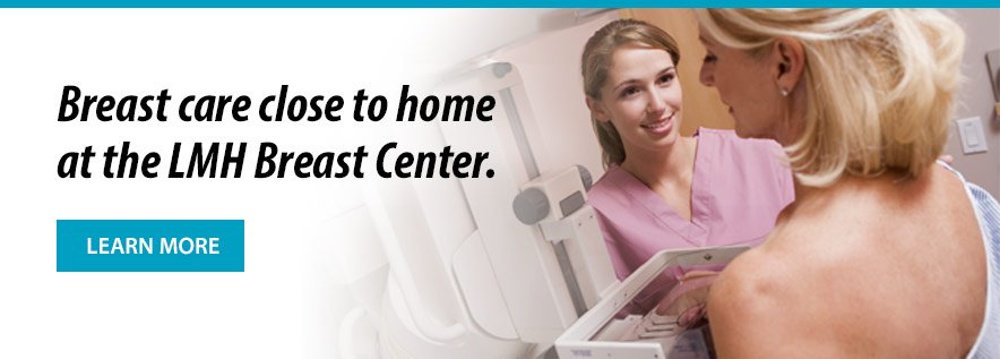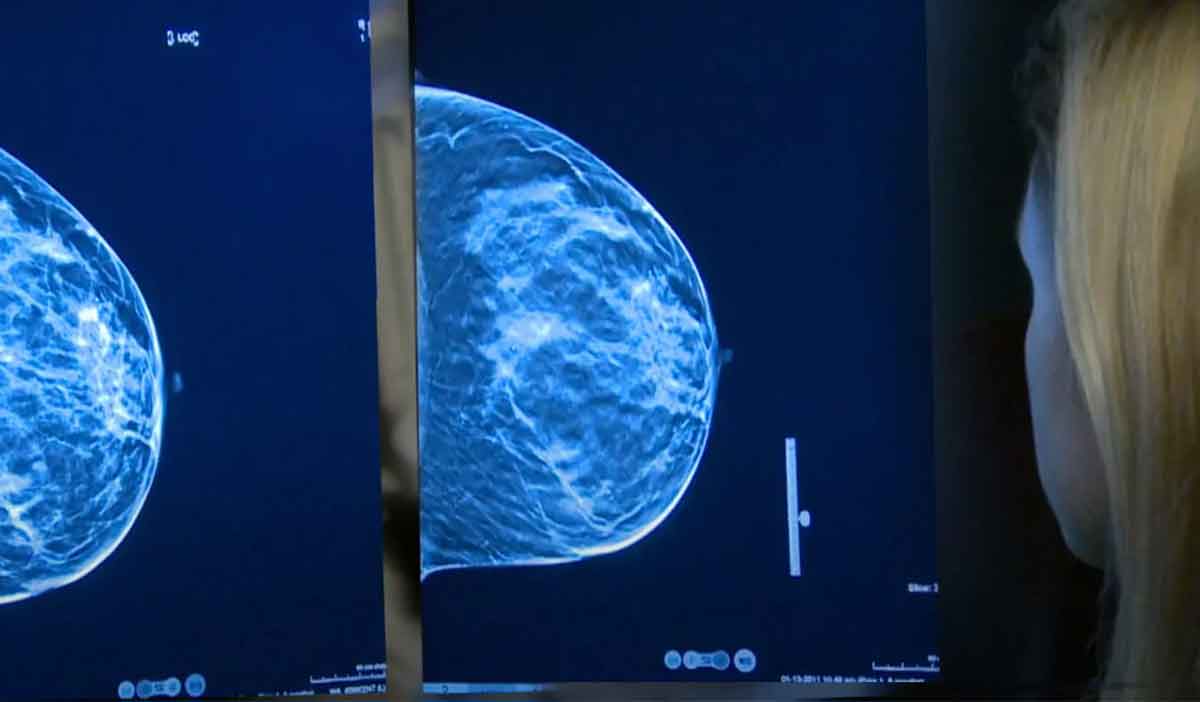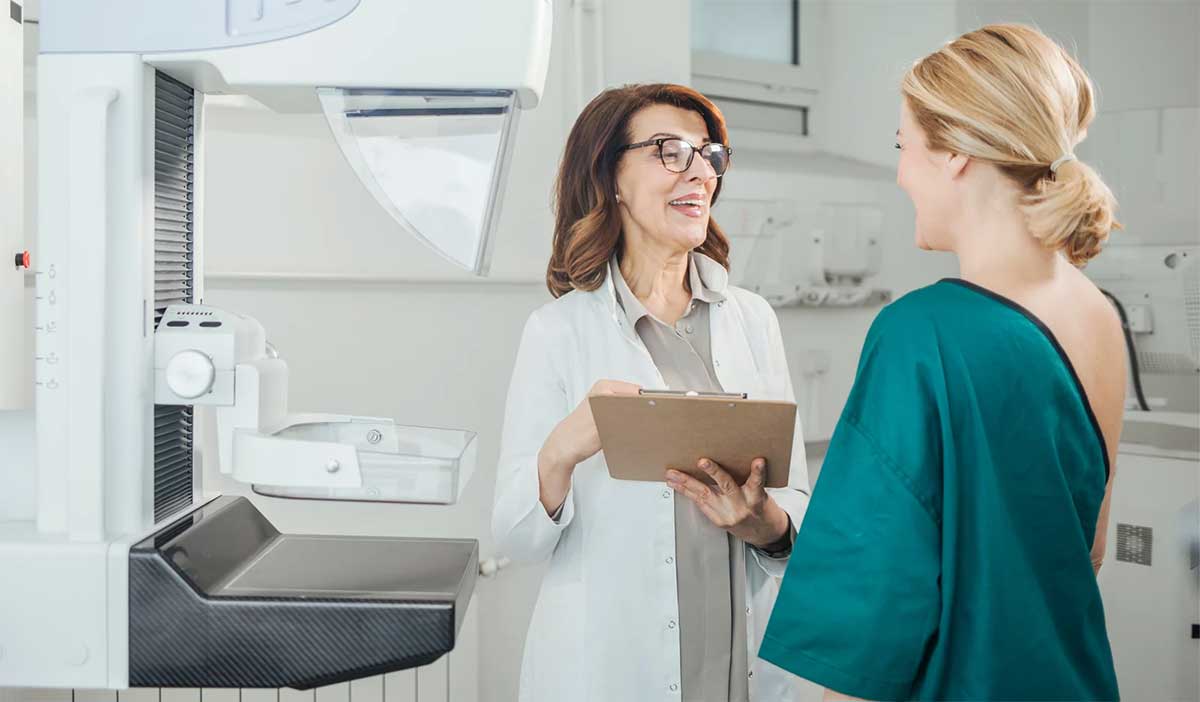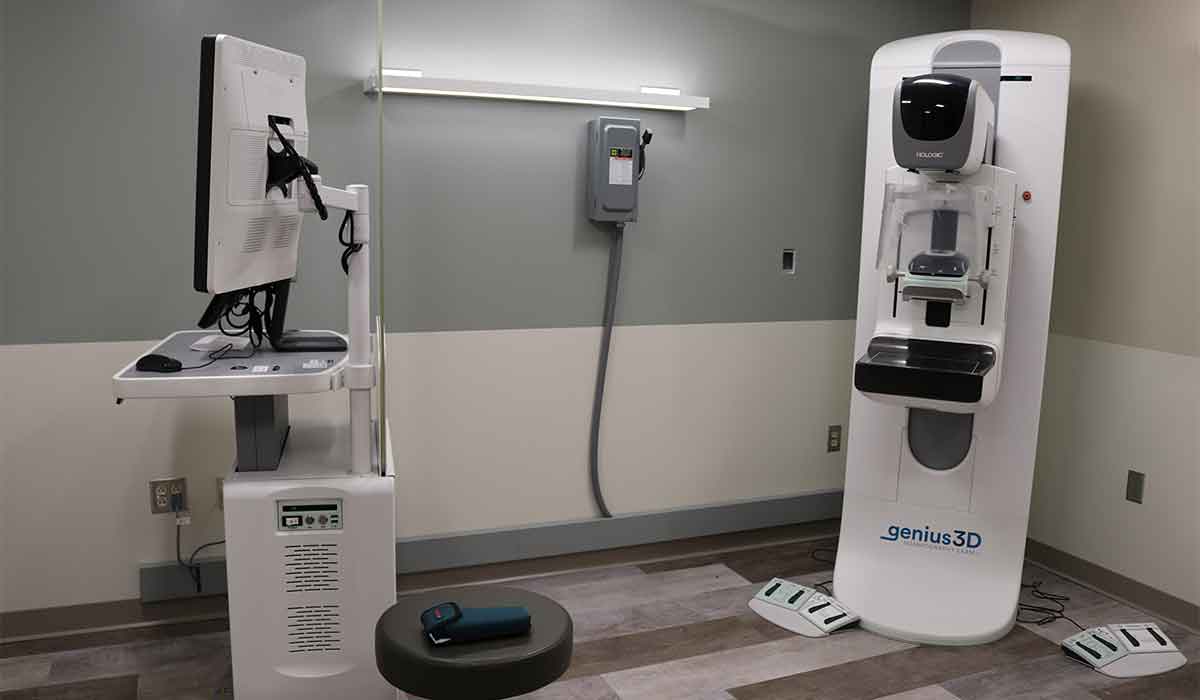There's no doubt about it, mammograms are one of the best tools available to find breast cancer in its early stages. And early detection of breast cancer dramatically increases survival rates. Yet too many women do not understand when to start getting mammograms, how often to have them or think a mammogram is something that can be put off. When you look at the facts, there is no denying that regularly scheduled screening mammograms save lives.
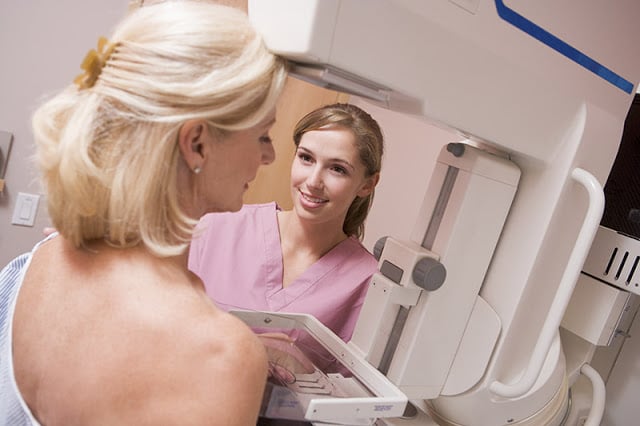
Facts from the American College of Radiology
- Mammography has helped reduce breast cancer mortality in the U.S. by nearly 1/3 since 1990.
- One in six breast cancers occur in women aged 40-49.
- Of all the years of life saved by mammography, 40% are for women in their 40s.
- 3/4 of women diagnosed with breast cancer have no family history of the disease and are not considered high risk.
- For women over 50, skipping a mammogram every other year would miss up to 30% of cancers
Bottom line: Annual screening mammograms save lives.
What is a mammogram?
A mammogram is a low-dose x-ray used on each breast. A series of images are taken during the mammogram and highly trained professionals review the images for changes from previous mammograms or issues that may indicate the presence of cancer. The mammogram is quick and noninvasive. While some women find the exam to be slightly uncomfortable, it is not painful and the technicians are specially trained to make the experience as smooth as possible.
Why are screening mammograms important?
Annual mammograms can detect cancer early and that's when cancer is most treatable. Mammograms often show changes in the breast years before a patient or doctor can feel them. Regular mammograms are important because once a cancer is detected it can grow rapidly. Mammograms give us a chance to catch a cancer before it has a chance to spread.
When should a woman receive a mammogram?
Current guidelines from the American College of Radiology, the American Cancer Society, and the Society for Breast Imaging recommend that women receive annual mammograms starting at age 40 — even if they have no symptoms or family history of breast cancer.
Jenny Sweet came into Logansport Memorial Hospital for her first screening mammogram at the age of 38. "Something was nagging at me for some reason to ask about getting a baseline mammogram. Because of my age, I hadn’t had one yet, but I wondered if now would be a good time to start, just to get things checked out.” That nagging turned out to be her body's way of telling her that she had breast cancer. She likely wouldn't have felt any changes in her breast for years. The mammogram enabled doctors to act quickly and save her life.
Jenny’s biggest advice for other women?
“Get your baseline mammogram as soon as possible, even if it’s before you’re 40. I never thought this would happen to me, and I got the surprise of my life. You know your body, so if something feels off or if you have a gut instinct, listen to it. Breast cancer does not have to run in your family for you to experience it. I don’t think I’ll ever know why I had that nagging feeling… but I’m so glad I listened to it.”
Help women get the screening mammograms they need
Join us on October 10 for our annual River Bluff 5K (3 miles) Run and Fun Walk on the River Bluff Trail. Race proceeds go to the Logansport Memorial Hospital Foundation Breast Screening Fund. This fund supports breast screening mammograms for uninsured women ages 40 and older right here in Cass County.

